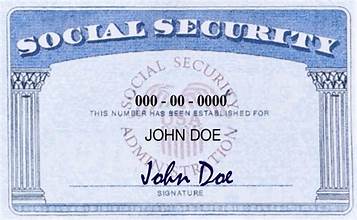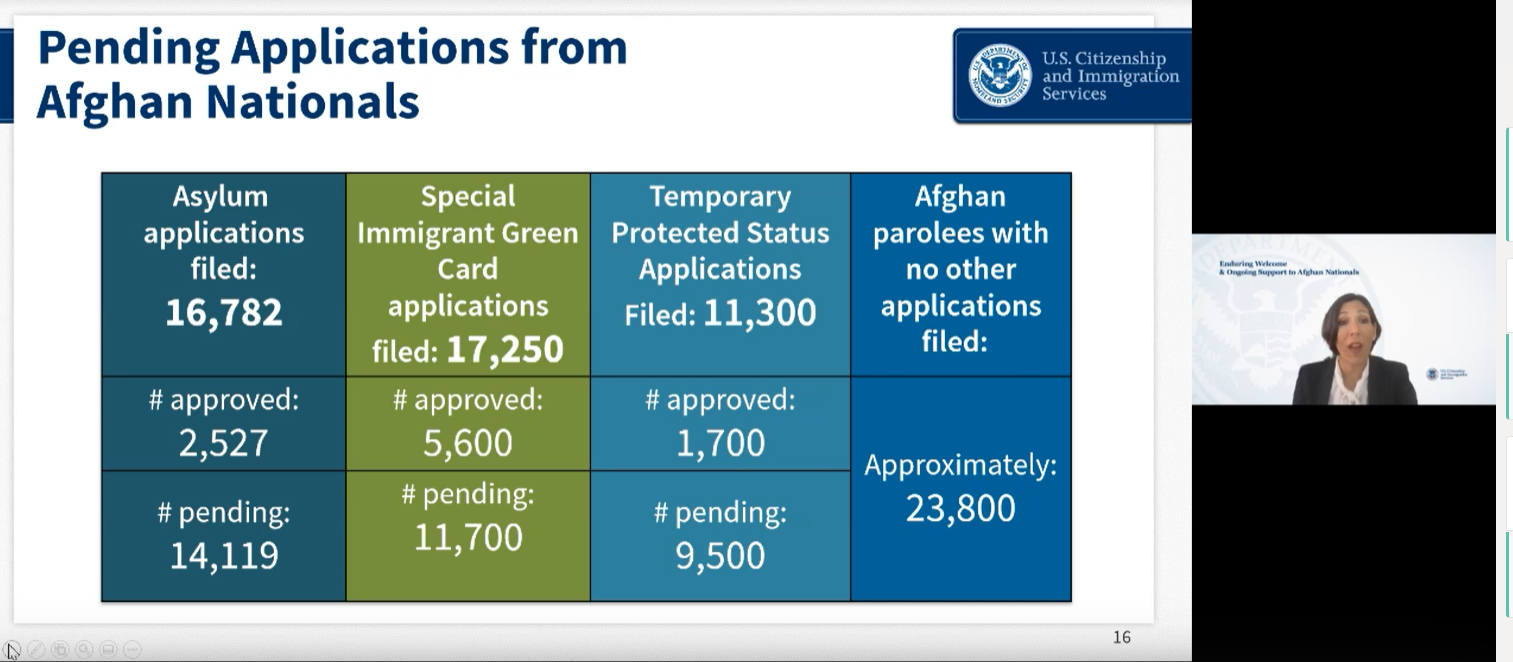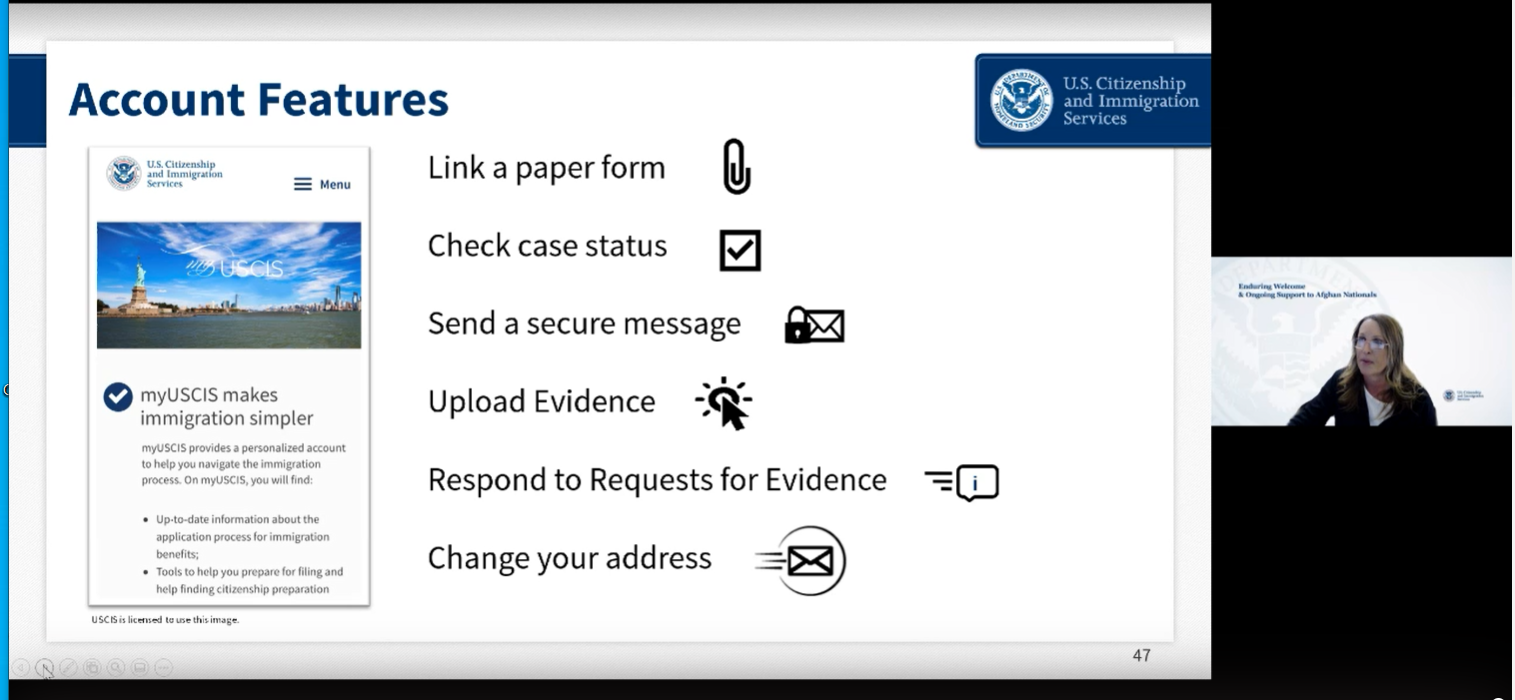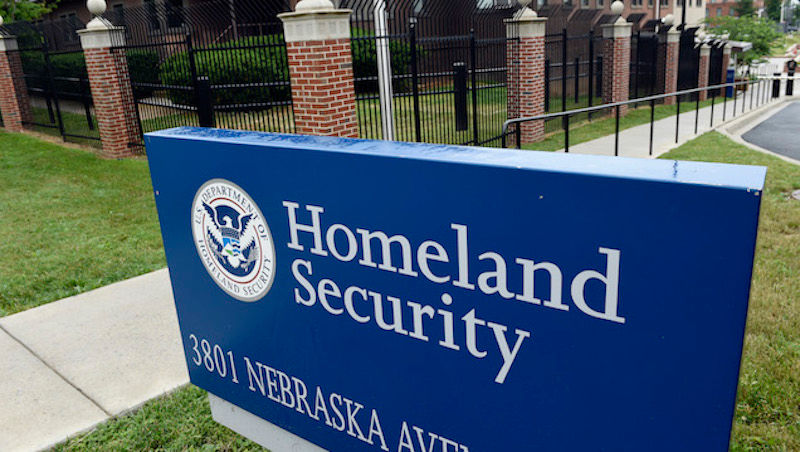Recent reports from national media outlets point to an alarming pattern. One story showcased several incidents in which LPRs returning from trips abroad—some as short as two weeks—were flagged for extended secondary inspection or denied admission outright. Officers cited concerns that the individuals had “abandoned” their U.S. residence.
Another report described increased use of discretionary authority by U.S. Customs and Border Protection (CBP) to assess abandonment, with some returning residents placed in removal proceedings on the spot.
Another account similarly described a surge in detentions of green card holders at airports and land ports of entry.
CBP officers, empowered by broad statutory discretion, have been using travel history, employment records, and even statements made under pressure during inspection to question continued eligibility for LPR status. The agency’s justification centers on fraud prevention and national security, though the cases reported often involve longtime residents with deep ties to the United States.
Legal Basis for Denial of Reentry for Abandonment:
Under U.S. immigration law, lawful permanent residence is not considered abandoned solely because of international travel. However, the Immigration and Nationality Act permits CBP to treat a returning LPR as an “arriving alien” subject to inspection if they meet certain criteria, including: absence from the United States for more than 180 days, engagement in illegal activity abroad, departure while in removal proceedings, attempted entry without valid documents, or voluntary abandonment of U.S. residence.
USCIS Policy Manual, Volume 12, Part D, Chapter 2, outlines the standards for evaluating abandonment of permanent residence. According to this guidance, abandonment may be found when the LPR resides primarily abroad, fails to maintain ties to the U.S., or does not file U.S. taxes as a resident. The legacy Adjudicator’s Field Manual (AFM), Chapter 52, reinforces that CBP officers are tasked with assessing whether the LPR maintained the intent to permanently reside in the U.S.
The decision is discretionary and can be based on any conduct or documentation that contradicts that intent.
While absence from the United States for over one year without a reentry permit is an automatic basis for denial of entry as a returning resident, even shorter absences can trigger scrutiny. The key determinant is not time alone but the totality of circumstances surrounding the travel and residence patterns.
CBP officers at ports of entry often rely on available documentation, statements made during inspection, and computer-accessible records such as past entry-exit data, employment history, and federal tax filings. If the officer suspects abandonment, options include admitting the LPR and referring the case for deferred inspection or removal proceedings, paroling the individual into the U.S. with conditions, or issuing an expedited removal order under §235(b) of the Immigration and Nationality Act (INA).
In some recent cases, officers have requested travelers to voluntarily surrender their green card by signing Form I-407, Record of Abandonment of Lawful Permanent Resident Status. Once signed, this form is considered a formal admission that the individual no longer wishes to retain LPR status.
Elderly LPRs in a High Risk Group:
Among those disproportionately impacted by the current enforcement trend are elderly green card holders—particularly parents of U.S. citizens who were sponsored for permanent residence through family-based petitions and now divide their time between the U.S. and their countries of origin. This group is especially vulnerable to abandonment allegations, not because of bad faith, but because of the natural structure of their lives: many are past working age, rely entirely on their U.S.-based children for financial and housing support, and spend portions of the year abroad due to caregiving obligations, cultural ties, or property matters.
These individuals often lack the types of evidence commonly associated with permanent residence, such as employment records, tax filings, utility bills in their name, or active financial accounts. When questioned at ports of entry, this absence of documentation can work against them—even if they are returning to a home they have lived in for years.
Moreover, in situations where lawful permanent residents are spending approximately half the year in the U.S. and the other half abroad, using their green card as a form of long-term visitor visa, CBP may reasonably argue that the individual is not permanently residing in the U.S. In such scenarios, the lack of a fixed U.S. domicile, especially without documents establishing residence and integration, is often used as a basis for a finding of abandonment. Even if the green card holder is living with a U.S. citizen child and dependent on them for all expenses, the perceived “temporary” nature of their U.S. presence can be scrutinized if not supported by concrete evidence of intent to reside permanently.
Reentry Permits and the Value of Documenting Intent: What Helps and What Not
For green card holders who anticipate being outside the United States for extended periods—especially those with legitimate obligations or unpredictable delays abroad—a reentry permit can be a vital safeguard. Issued after a successful Form I-131 application and biometrics appointment in the U.S., the reentry permit signals to CBP that the holder intends to maintain permanent residence despite a temporary stay abroad. While not an absolute guarantee of reentry, it can be a decisive factor in demonstrating intent and rebutting claims of abandonment.
It is important to note that reentry permits are typically issued for an initial validity period of up to two years. While the law does not prohibit the issuance of additional permits, they become increasingly difficult to obtain after the initial grant. In most cases, subsequent reentry permits are issued for just one year at a time, and the applicant must demonstrate a continued compelling reason for remaining abroad. The total maximum duration of time an LPR may spend outside the U.S. using successive reentry permits is generally limited to five years, although even that is not guaranteed. USCIS assesses each application on a case-by-case basis, and the burden is on the applicant to show that their ties to the United States remain intact and that the time abroad is truly temporary.
What Can You Do to Reduce Risk
Many LPRs adopt a documentation strategy to preserve evidence of continued U.S. residence. These materials, when maintained and organized, may help establish a record of permanent ties: a valid U.S. driver’s license or state-issued ID with a current address, copies of lease agreements, mortgage documents, or property titles, utility bills showing regular payments from a U.S. residence, IRS tax return transcripts confirming taxes filed as a U.S. resident, W-2 forms or pay stubs, U.S. bank account statements reflecting regular use, health insurance coverage under U.S.-based policies, letters from physicians or care providers explaining travel due to medical or caregiving needs, and affidavits or letters from U.S. citizen family members explaining living arrangements and ongoing support. Some individuals also prepare a brief travel summary or retain copies of communications related to the reason for international travel, such as a family emergency, property issue, or legal matter abroad. One example illustrates both the risks and the safeguards that can help. We represented a widowed elderly client who had lawfully resided in the United States for over a decade as a green card holder. With no close family in her home country and no sentimental ties remaining there, she planned a short visit to sell her ancestral home and finalize the closure of her affairs abroad. She intended to return to the U.S. in three months and had booked her return ticket accordingly. However, during her visit, she learned that new local regulations required all homes to be renovated to a new minimum standard before sale. Navigating these renovation requirements as a single elderly woman without nearby support proved challenging. Construction delays mounted, and what was intended as a short trip stretched to nearly a full year. Despite her extended stay, she returned just shy of the 12-month mark with detailed documentation showing her intent to return within three months, the unforeseen regulatory hurdles, the construction delays, her original return ticket and multiple changes to her return date, and proof that she continued to maintain a residence and health insurance in the U.S. Because she had prepared carefully and could clearly show that her extended absence was not voluntary, she was ultimately readmitted without being referred for removal. Her case underscores how even unanticipated challenges can be navigated successfully with thoughtful planning, transparency, and evidence of ongoing ties—and why advance planning with tools like reentry permits is especially important for those who expect their time abroad may exceed six months or become unexpectedly prolonged.
Lawful permanent resident status provides substantial protections and opportunities, but it is not insulated from discretionary reexamination. CBP officers possess wide authority to question the continuity of residence, and current enforcement patterns show that certain categories of LPRs—particularly the elderly, those with extended travel histories, and individuals who reside with family without maintaining financial independence—are especially vulnerable to abandonment determinations. In light of these developments, many LPRs now adopt more deliberate planning and documentation practices before traveling. While the law has not changed in text, its application at the border is evolving—and lawful permanent residents who lack conventional evidence of ties to the U.S. may find themselves at greater risk than ever before. Those navigating complex travel situations or seeking guidance on reentry planning should consider consulting a qualified immigration attorney for assessment and strategy tailored to their circumstances.





















 RSS Feed
RSS Feed